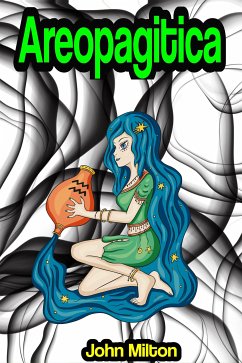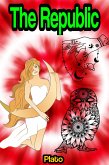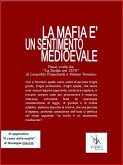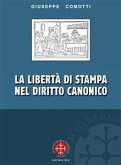Areopagitica by John Milton - A speech of Mr. John Milton for the Liberty of Unlicenc'd Printing, to the Parlament of England is a 1644 prose polemic by the English poet, scholar, and polemical author John Milton opposing licensing and censorship.
Areopagitica is among history's most influential and impassioned philosophical defences of the principle of a right to freedom of speech and expression. Many of its expressed principles have formed the basis for modern justifications.
Areopagitica was published 23 November 1644 at the height of the English Civil War. It takes its title in part from Areopagitikos (Greek: Ἀρεοπαγιτικός), a speech written by Athenian orator Isocrates in the 4th century BC.
(The Areopagus is a hill in Athens, the site of real and legendary tribunals, and was the name of a council whose power Isocrates hoped to restore.) Some argue that it is more importantly also a reference to the defense that St Paul made before the Areopagus in Athens against charges of promulgating foreign gods and strange teachings, as recorded in Acts 17:18–34.
Like Isocrates, Milton (who was not a member of parliament) did not mean his work to be an oral speech to that assembly. Instead, it was distributed via pamphlet, thus defying the same publication censorship which he argued against. As a radical, Milton had supported the Presbyterians in Parliament, and would later work as a civil servant for the new republic, but in this work he argued forcefully against Parliament's 1643 Ordinance for the Regulating of Printing, also known as the Licensing Order of 1643, in which Parliament required authors to have a license approved by the government before their work could be published.
Areopagitica is among history's most influential and impassioned philosophical defences of the principle of a right to freedom of speech and expression. Many of its expressed principles have formed the basis for modern justifications.
Areopagitica was published 23 November 1644 at the height of the English Civil War. It takes its title in part from Areopagitikos (Greek: Ἀρεοπαγιτικός), a speech written by Athenian orator Isocrates in the 4th century BC.
(The Areopagus is a hill in Athens, the site of real and legendary tribunals, and was the name of a council whose power Isocrates hoped to restore.) Some argue that it is more importantly also a reference to the defense that St Paul made before the Areopagus in Athens against charges of promulgating foreign gods and strange teachings, as recorded in Acts 17:18–34.
Like Isocrates, Milton (who was not a member of parliament) did not mean his work to be an oral speech to that assembly. Instead, it was distributed via pamphlet, thus defying the same publication censorship which he argued against. As a radical, Milton had supported the Presbyterians in Parliament, and would later work as a civil servant for the new republic, but in this work he argued forcefully against Parliament's 1643 Ordinance for the Regulating of Printing, also known as the Licensing Order of 1643, in which Parliament required authors to have a license approved by the government before their work could be published.









